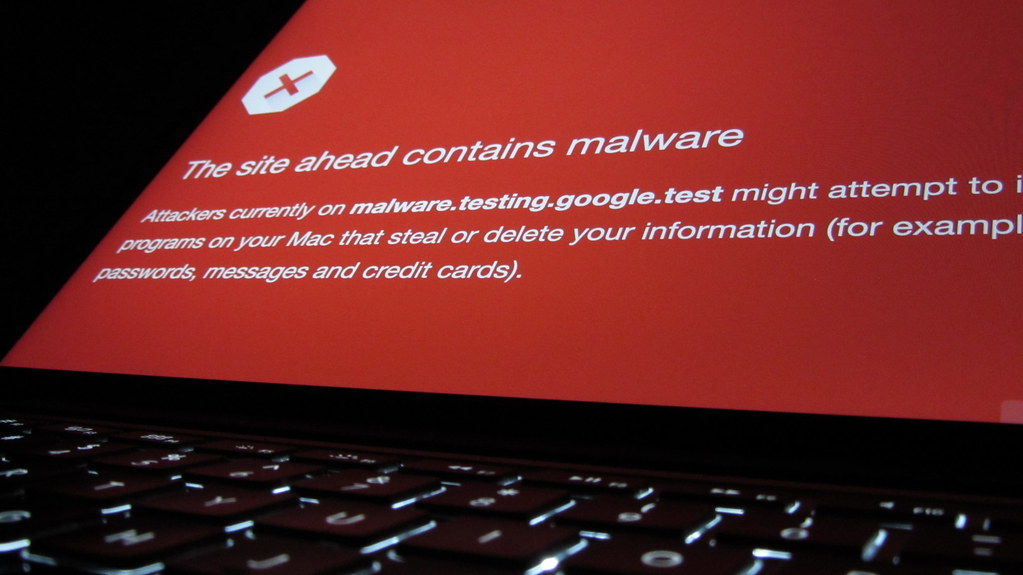The Rise of Malicious Fake Chrome Errors – here is what to know, A Quick look
The internet can be a tricky place, with cyber threats lurking around every corner. Recently, a new scam has surfaced, where users are tricked by fake Google Chrome error messages into running harmful scripts. This scam isn’t just a one-off attempt by a lone hacker; it’s a coordinated effort by several bad actors.

The Culprits: Who’s Behind the Scam?
A Variety of Villains
This scam has attracted a mix of cybercriminals, each with their own notorious history:
- ClearFake: Known for creating convincing fake alerts.
- ClickFix: A new group that’s been catching attention.
- TA571: A well-known name in the spam world, infamous for sending emails that lead to malware and ransomware—software that locks your files until you pay up.
The Attack: How Does It Work?
The Deceptive Message
Imagine you’re browsing the internet when suddenly, an error message pops up, claiming to be from Google Chrome. It says there’s a problem that needs fixing and urges you to download something or run a script. But in reality, there’s no issue with Chrome—it’s a trap.
The Hidden Agenda
By following the message’s instructions, you unknowingly run a PowerShell script—a powerful tool that can control your computer. These scripts can do all sorts of damage, like installing unwanted software that spies on you or locks your files for ransom.
Staying Safe: Tips.
Be Skeptical
If an unexpected error message pops up, take a moment to question it. Don’t rush to download or run anything.
Check with the Source
If you’re unsure about an error message, go directly to the official website or support channel to get the real scoop.
Keep Your Software Fresh
Regularly updating your software is like getting a vaccine—it helps protect against known threats.
Conclusion: Knowledge Is Power
In conclusion, being aware of these scams and knowing what to look out for is half the battle. Stay curious, stay cautious, and remember that if something seems off, it probably is. Your best defense is staying informed and taking proactive steps to protect yourself online.
You think you have a story worth everyone’s time? SUBMIT A STORY and we will publish it.
Share this content:




Post Comment